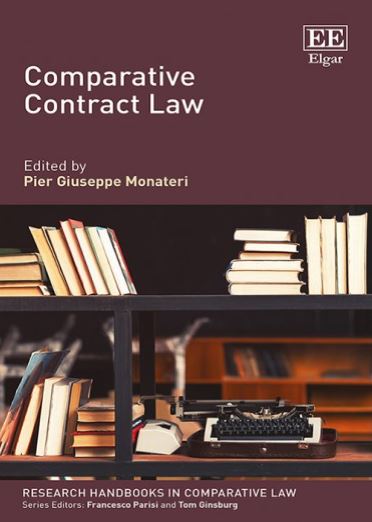
This comprehensive book offers a thoughtful survey of theories, issues and cases in order to reassess the present vision of contract law.
Comparative refers both to the specific kind of methodologies implied and to the polyphonic perspectives collected on the main topics, with the aim of superseding the conventional forms of representation. In this perspective, the work engages a critical search for the fault lines, which crosses traditions of thought and globalized landscapes.
Notwithstanding contract’s enduring presence and the technicalities devoted to managing clauses and interpretation, the inquiry on the proper nature of contract and its status and collocation within private legal taxonomies continues to be a controversial exercise.
Moving from a vast array of dissimilar inclinations, which have historically produced heterogeneous maps of law, this book is built around the genealogies of contractual theoretical thinking; the contentious relationship between private governance and normative regulations; the competing styles used to stage contract law; the concurring opinions expressed within the domain of other disciplines, such as literature and political theory; the tensions between global context and local frames; and the movable thresholds between canonical expressions and heterodox constructions.
For its careful analysis and the wide range of references employed, Comparative Contract Law will be a tremendous resource for academics, legal scholars and interdisciplinary experts as well as judges and law practitioners.